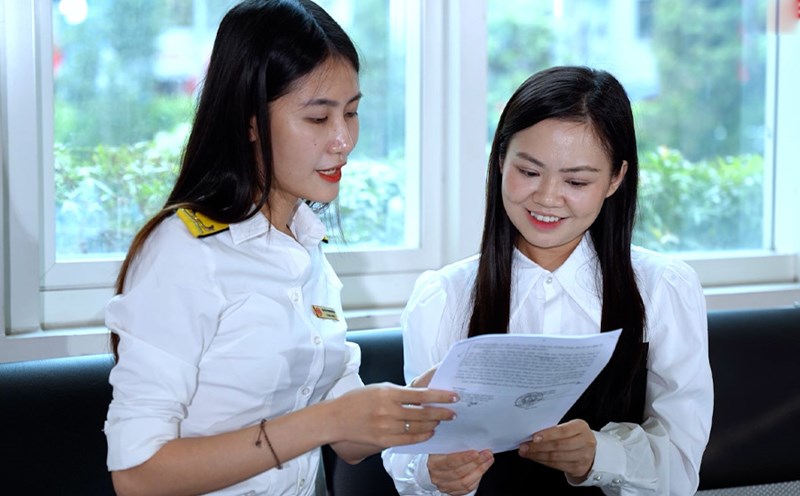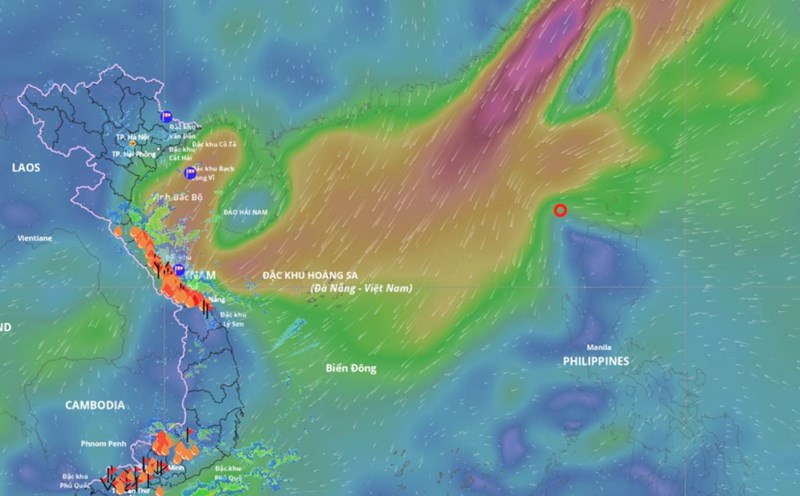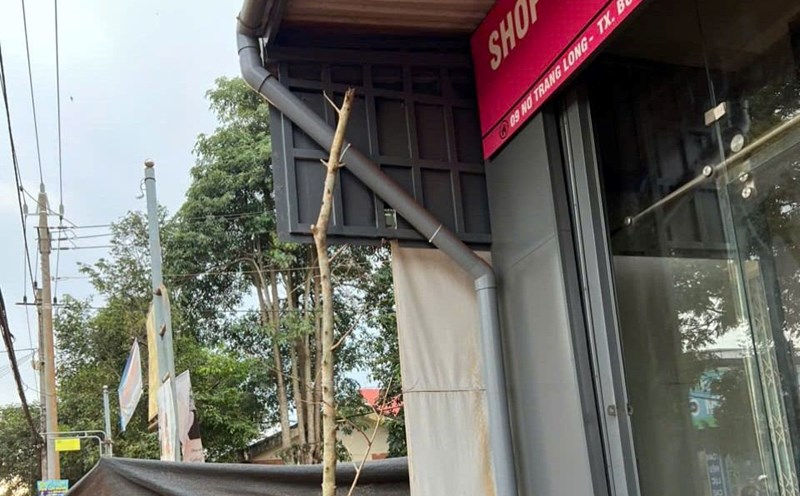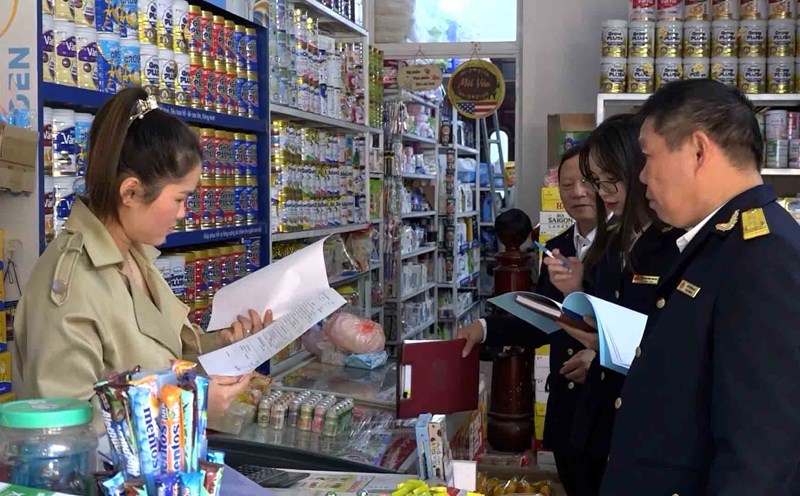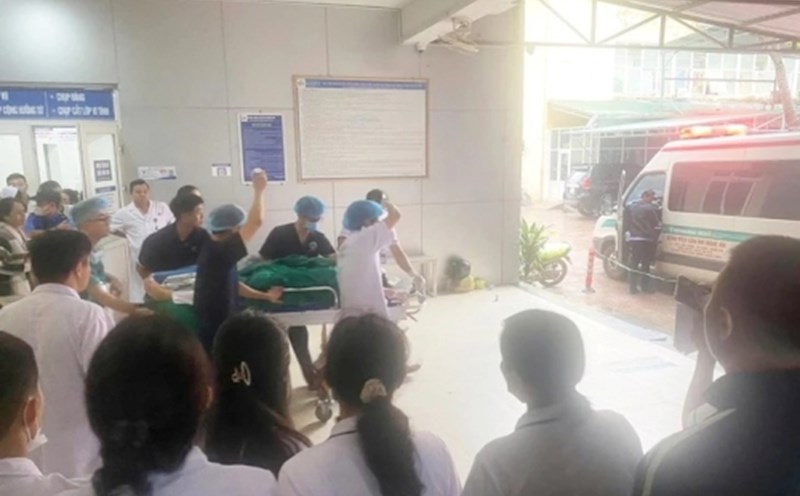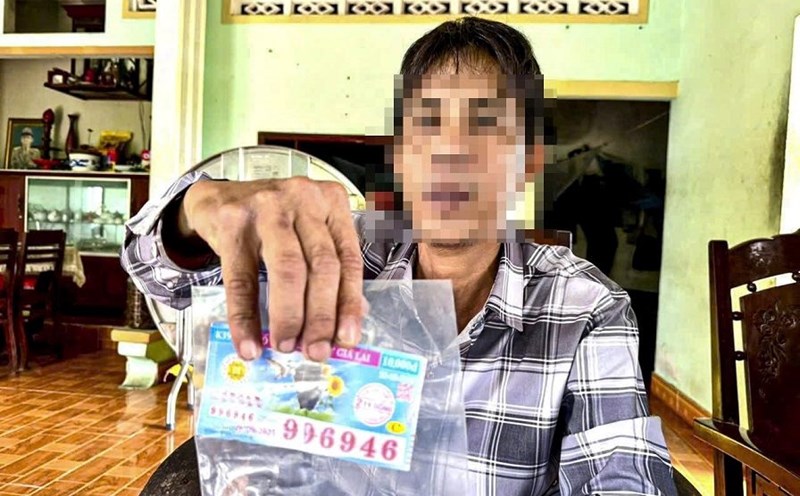Bill-taking culture
The investigation agency determined: From 2019 to 2023, the actual revenue of T.U.N.G Dining Company was more than 53 billion VND, but only declared tax on revenue of more than 29.4 billion VND, a difference of more than 23.5 billion VND without declaration. The amount of tax evasion was determined to be more than 2.4 billion VND, including more than 2.1 billion VND in VAT and more than 335 million VND in personal income tax. Hoang Tung - Director and legal representative of T.U.N.G Dining operating company, Nguyen Do Nguyet Anh - shareholder and financial/personal officer were prosecuted for the crime of "Tax evasion".
The story of T.U.N.G Dining is not only a lesson for businesses, but also a reminder for consumers: Every time we refuse invoices, we are giving up our legitimate rights and contributing to overshadowing the transparency that the whole society is trying to build. From an individual incident, it can be seen that the culture of taking invoices has not become a natural reflection in Vietnamese economic life...
Transibilizing invoices to protect social justice
From July 1, 2022, Vietnam has been required to apply electronic invoices according to Decree 123/2020/ND-CP of the Government. By June 1, 2025, the Government will continue to improve the mechanism through Decree 70/2025/ND-CP, expand the scope of application, simplify procedures for businesses and supplement regulations on electronic invoices and documents.
Along with that, the General Department of Taxation issued Decision 78/QD-TCT dated February 2, 2023 to establish an electronic invoice risk index, allowing analysis and identification of cases with signs of risk in the use of invoices.
Sharing with Lao Dong Newspaper reporter, financial expert Nguyen Minh Thu said: Using invoices contributes to transparency, social justice, and ensuring national budget revenue. When each bill is issued, it means that tax is collected in full, the budget has more resources to build infrastructure, education, healthcare and social security. The act of "requesting invoices" by the people is not only a social permission, but an operating chain of the national transparency system. Each invoice is real data for policy making, fair competition protection in the market and protection of consumers' legal rights because according to the 2019 Tax Administration Law, invoices are legal documents for all transactions of goods and services".
Taking invoices, from a personal perspective, is legal insurance: It is evidence for complaints, refunds, cost accounting or VAT deduction. From a social perspective, it is the behavior of civilized citizens: Protecting themselves, while creating fair pressure on the market - where all parties comply with the rules of the game.
Similar problems have been solved by behaviour-push-ups: Taiwan (China) has implemented the Uniform Invoice Lottery program since 2015, turning invoices into reward tickets for people to proactively get invoices. The data of a 75% increase in revenue in the first year is often cited in summaries, although the original version is no longer fully archived, but the effectiveness of spreading to society is widely recognized. Korea has implemented the Cash Receipt System since 2005, allowing consumers to request invoices even when paying cash to get a deduction or a small tax refund when settling. This is part of the national tax governance digitalization program.
These two models prove: Self-medication cannot be enforced; it must be encouraged by specific benefits and positive emotions. No need to increase tax rates, just make taking invoices a civilized habit and people will voluntarily proactively request invoices, a small but meaningful nod.
When each transaction leaves a " Data light", we not only keep the budget more transparent but also keep the value of money and society.




